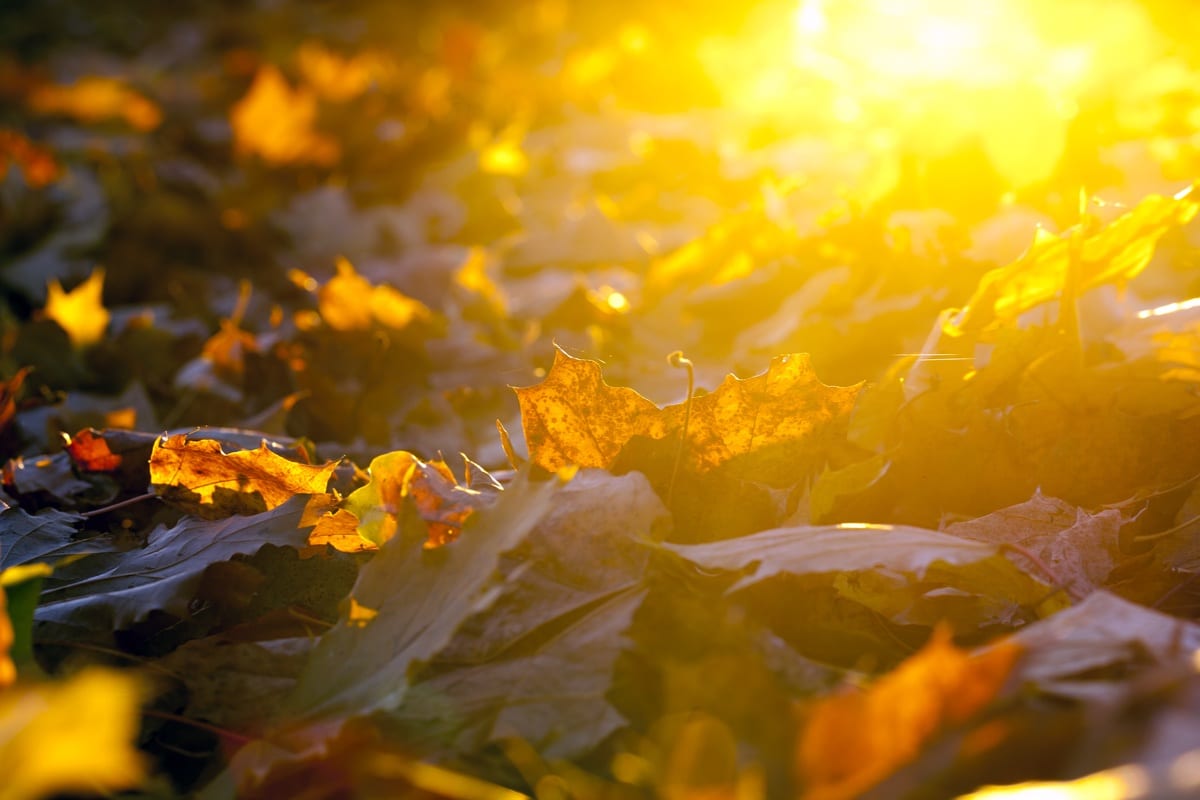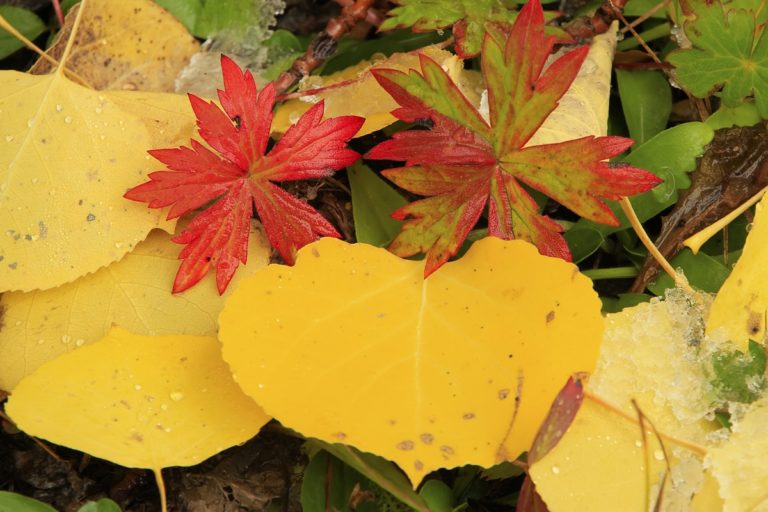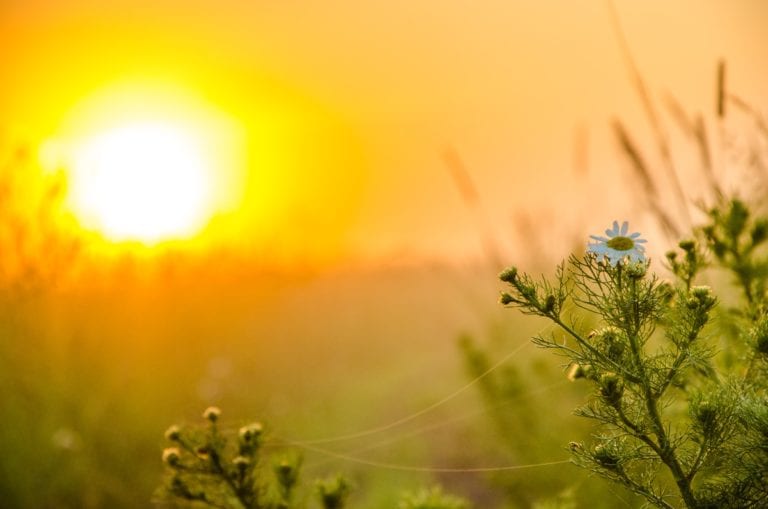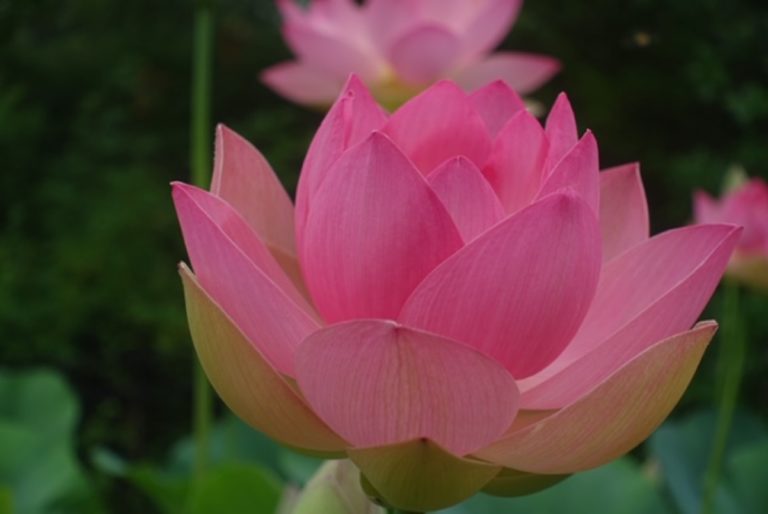October 2019 Audio Meditation
Here’s the October 2019 Audio Meditation:
If you would prefer to experience this meditation with images, here’s the YouTube version:
Meditations, experiments, books and guided meditations to assist with nourishing spirituality, healing childhood wounds, and living more consciously.
Meditations, experiments, books and guided meditations to assist with nourishing spirituality, healing childhood wounds, and living more consciously.

Here’s the October 2019 Audio Meditation:
If you would prefer to experience this meditation with images, here’s the YouTube version:
One of the things that our brains seem to do, usually without our conscious awareness, is to project our fears, shame, discomfort, beliefs, and maps of reality onto others. Think of the last time you assigned a motive to someone’s actions only to discover that you were completely off base about what you thought was going on with them. It’s a natural human tendency Read More “Week 643: Tracking Projections and Lovingkindness”

For those of you who prefer a meditation with images, here’s our YouTube version of this meditation:
Recently, I heard about a metaphor that I liked a lot and it got me to thinking again about the impact of our frame of reference on our perceptions as we move through any kind of experience. The metaphor was about stained glass windows. The underlying theme is that, even though every stained glass window has a different pattern or scene on it, even if the difference is very small or incredibly large, the fundamental reality of it is that the same light shines through it and every other stained glass window. Read More “Week 620: Finding Our Similarities”

We know that different languages generate different world views, different ways of experiencing the world around us, and different expectations of what we can expect from our world. Several times now, I’ve run across the writings of Robin Wall Kimmerer and each time I experience her worldview I am deeply moved. She is a botanist who is also has a Potawatomi heritage and a perspective that is much more inclusive and honoring of our planet and our global family of relations with whom we share this home.
I’ve written before about Robin’s very wise and powerful sharing of the need for pronouns that are inclusive of all the life on this beautiful home we share with so many other beings. Read More “721st Week: Grammar Shapes Our Worldview”

Over the course of the past year, it has disheartened me to see how many people on Facebook and in other social media contexts have become comfortable using language that is attacking rather than curious, inviting, clarifying, or compassionate. Not only are the words being used distressing through their intention to diminish or humiliate other people, but the anger inherent in these posts—anger that doesn’t suggest solutions or options—is decidedly jarring.
In my years of teaching about trauma resolution, I’ve drawn on something one of my dear friends and teachers taught me many years ago… Read More “694th Week: Practicing Mutual Empowerment”

I haven’t posted a practice in conscious living for a few weeks now, as life has intervened with some challenges that have required my deep attention. As I’ve thought about this recent time, I want to share a practice I have engaged that may be useful to describe.
One of the sweet feline family members who live with me has required medical attention and I found myself faced with having to give him a subcutaneous infusion for hydration every day, to support what his kidneys can’t currently do efficiently right now. My relationship with needles has mostly been around experiences of blood draws, shots, and acupuncture, but I haven’t been the one managing the needles. So, I found myself dealing with some anxiety about having to use a needle each day to deliver the hydration to my dear feline.
Moving through this experience reminded me of the importance of grounded, steady presence and of being mindfully connected to this present moment. I decided to take on the daily process as a spiritual practice, bringing awareness, calm, and love to something that would allow my furry family member to survive. Along with focusing in my heart and connecting with my love of this sweet being, I have asked myself to track my internal state so that I am calm and centered during the infusions. Even as I give the infusions, I track my body and go back into calm if I find myself tensing or becoming anxious. Gently breathing in through my nose and out through my mouth helps to return to a more settled state and I sense how that state in me helps my furry friend to relax a bit more.
And so, for this week’s practice in conscious living, I invite you to notice whatever challenge may come into your life that requires you to dig a little deeper, perhaps into your capacities, your emotions, your ability to stay grounded in the presence of something that might be upsetting, etc. Then, notice what you experience when you choose to take on the challenge as a spiritual or psychological practice where you can develop some new or deepened skill or response that helps you move through the experience.
Read More “912th Week: Responding to Challenges”